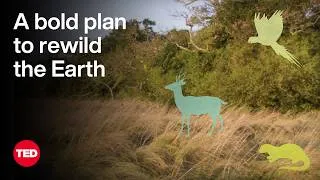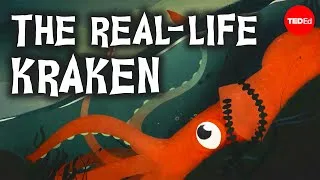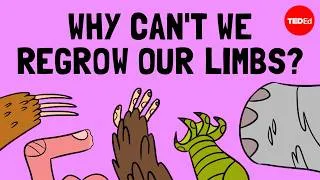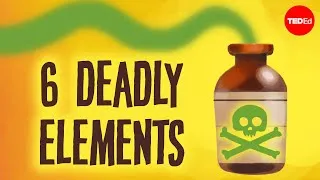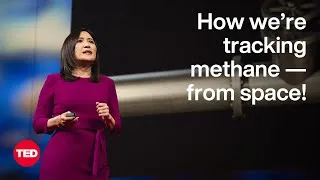Fai dobre clic nos subtítulos en inglés a continuación para reproducir o vídeo.
New videos
Original video on YouTube.com
Este sitio presentarache vídeos de YouTube que son útiles para aprender inglés. Verás clases de inglés impartidas por profesores de primeiro nivel de todo o mundo. Fai dobre clic nos subtítulos en inglés que aparecen en cada páxina de vídeo para reproducir o vídeo desde alí. Os subtítulos desprázanse sincronizados coa reprodución do vídeo. Se tes algún comentario ou solicitude, póñase en contacto connosco a través deste formulario de contacto.
